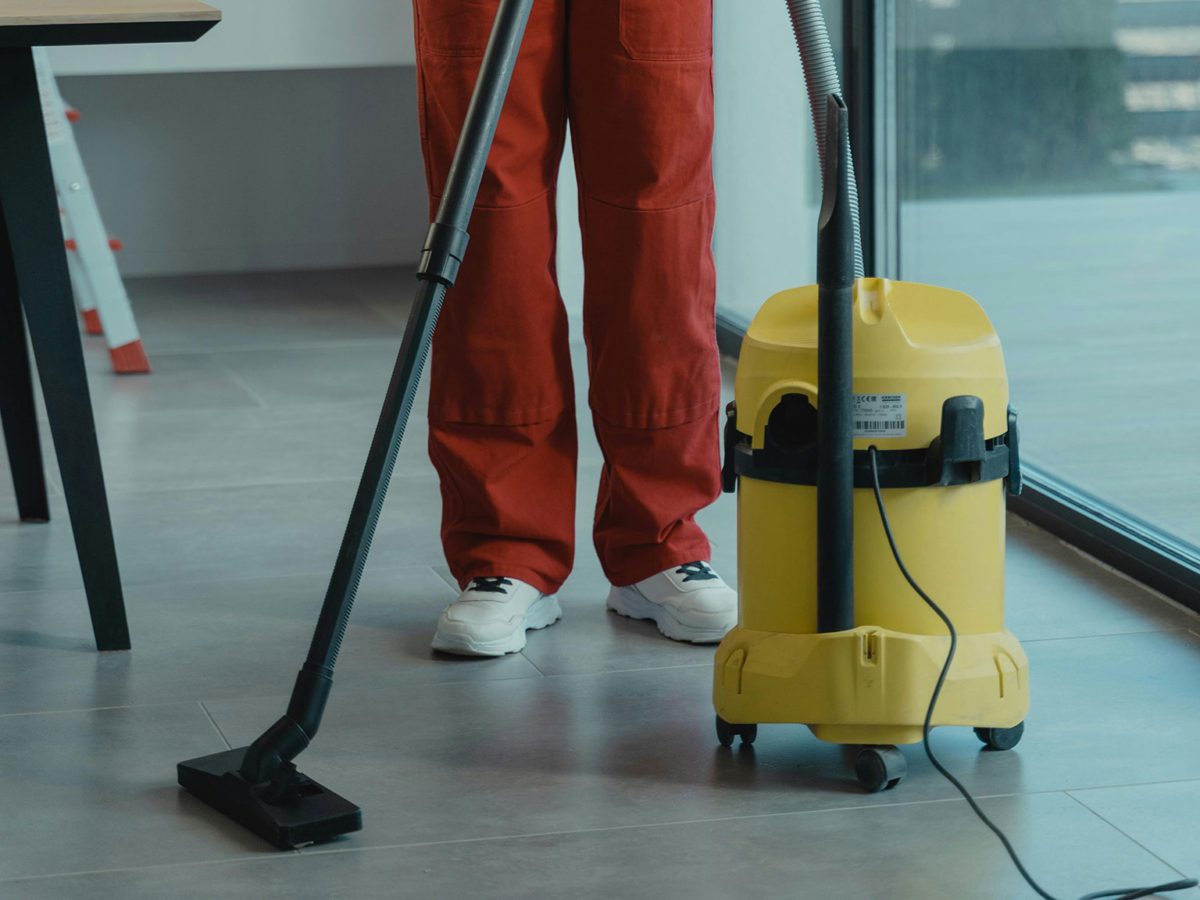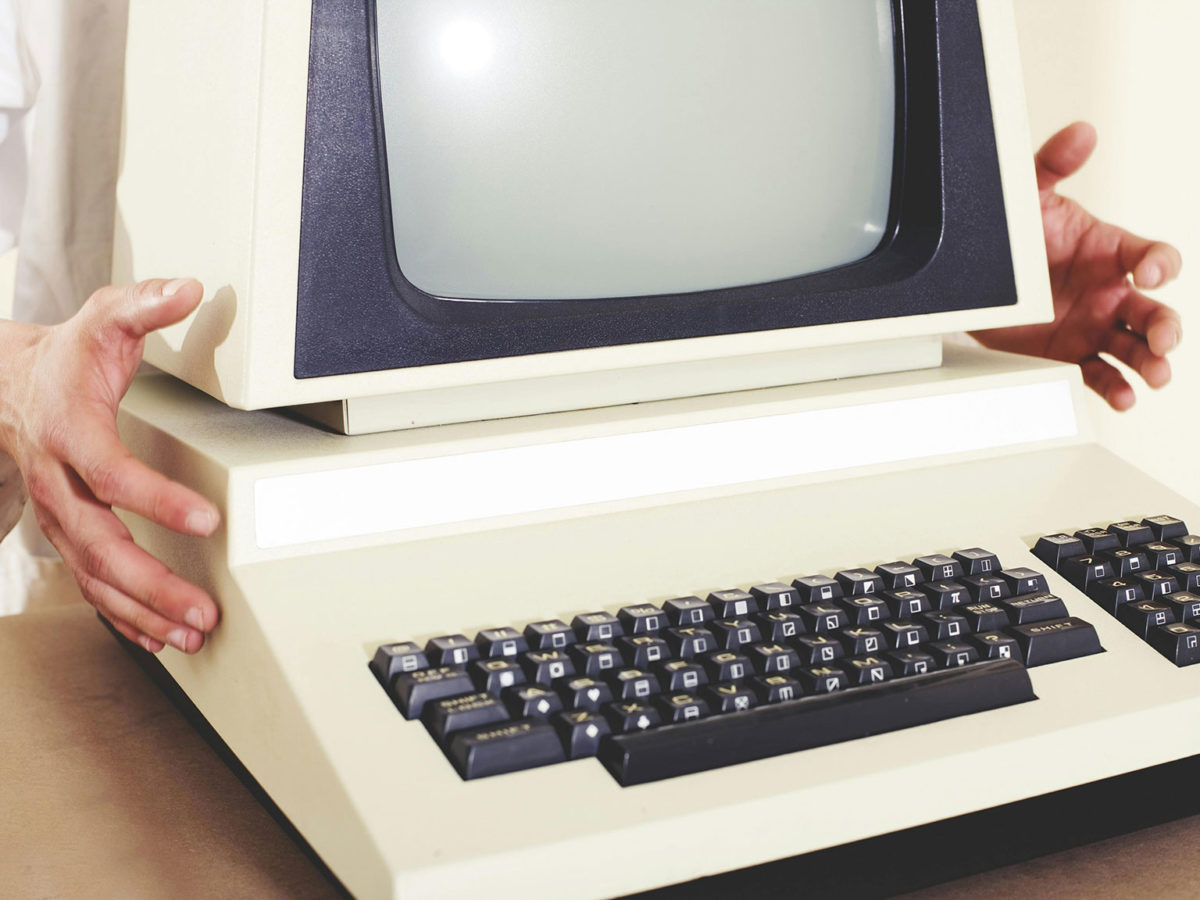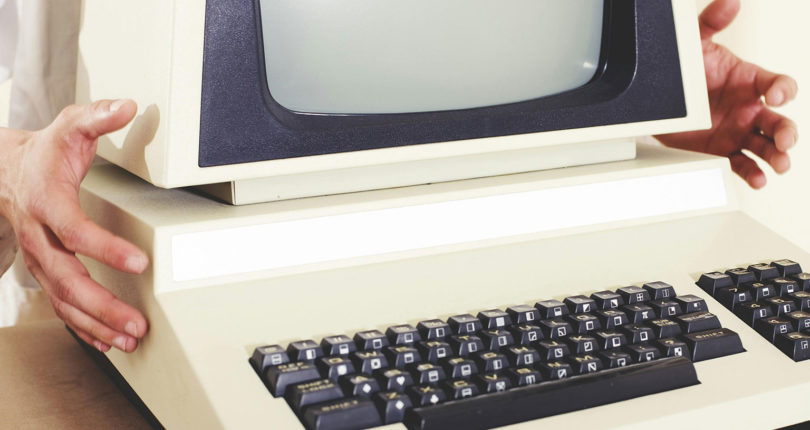Laptop or desktop – which is right for me?
Ten years ago your choice was easy. Power, flexibility and value for money with a desktop or practicality, portability and limited upgrade capacity with a laptop. Now, however, things aren’t so simple……

Today, the options seem to be endless when deciding to buy the perfect computer. With constant updates, upgrades and innovations, selecting the appropriate tech can seem overwhelming. Worldwide sales of laptops may have eclipsed desktops for more than a decade, but that doesn’t mean you should rule a desktop machine out completely. There are still plenty of reasons why you may still opt for a more traditional computer, rather than the fold shut, portable option. If anything, making that decision between a laptop or desktop is actually becoming harder overtime.
As computing habits and hardware evolve, so do the reason why we have computers and the tasks that we use them for. So, to make your decision a little easier, we’ve put together a comprehensive list of key considerations you should weigh up when shopping for a new computer.
Laptops – Pros and Cons
There are many reasons why buying a laptop could be the best option for you or your business. Let’s take a look at some reason for and against.
Portability
The fact that a laptop is portable is clearly a pro if you’re expecting to be working on the move. Flexible working can help to keep your productivity high, without needing to be fixed to a desk or a mains power connection.
That said, if you’re planning on leaving your computer at a desk, then there’s not really much point in getting a laptop. They are typically more expensive than desktops, harder to upgrade and, for obvious reasons, more prone to being damaged or stolen.
Power
Because laptops have smaller parts, they use less power than desktops, which means you’ll be using less electricity. The fact that laptops have a battery also means that in the event of a power cut, you won’t lose any work thanks to your computer shutting down.
Rigid peripherals
This is one of the major drawbacks to buying a laptop, but a price you have to pay if you want portability. When you purchase a laptop, you are limited to the same single screen, keyboard, speakers, ports and trackpad for its whole life. The keyboards are usually much smaller than desktop equivalents and usually don’t feature a number pad.
On top of this, because portability is such an important feature of a laptop, they have smaller screens than desktops. However, these days you can get docking stations or ‘port replicators’ that allow a laptop to be connected up to separate, large monitors, keyboards and mice. This dramatically improves the usability and flexibility of your laptop by essentially turning it into a desktop. It goes without saying, however, that this can add significant cost…
Harder to upgrade
If you purchase a laptop, you will find that there are limited options for upgrades. There’s the option to upgrade the RAM and the hard drive to a certain extent but, quite often, that’s about it.
Put simply, laptops don’t have the space to accommodate too many extra components. This won’t be a problem for those who aren’t looking to update their hardware regularly and, whilst not always ideal, is a problem that can be mitigated by purchasing a higher specification, more capable machine that is likely to remain usable for longer.
Laptops usually only offer integrated graphics
Perhaps only a ‘con’ if you’re looking to use your laptop for gaming or particularly demanding applications, unfortunately, very few laptops include a dedicated graphics card. This is a term used to describe a detached graphics subsystem in a computer which is either a separate GPU or a standalone graphics card connected to your machine’s motherboard.
Whilst many higher specification desktops include (or at least have the capacity for) a dedicated graphics card, most laptops use integrated graphics which sit on the same chip as the CPU and share the memory.
Desktops – Pros and Cons
Now that we’ve looked at the pros and cons of purchasing a laptop, let’s take a look at just a few of the reasons both for and against purchasing a desktop computer.
Testimonials may be hard to find
Before you spend a substantial amount of money on some new tech, it’s usually good to see some reviews from a range of people who have already purchased and used that product. Due to the massive surge in popularity of laptops and the consequential slump in popularity of desktops, however, there aren’t all that many reviews out there for desktop computers. Whilst this doesn’t always apply to all-in-one computers from large manufacturers, it’s particularly common when it comes to those desktops built to order by smaller organisations.
The inability to gain confidence from customers reviews can sometimes put people off if they aren’t tech savvy.
Trickier to buy
Due to their frequently bespoke nature, buying some desktop PCs (i.e. those built by smaller organisations) can prove an altogether more confusing prospect than laptops. If you’re not buying from a large manufacturer offering off the shelf, well reviewed models, it can be hard to know whether you’re buying the most appropriate machine for your needs.
If you’re not an IT specialist, how can you be sure you’re choosing the right processor, hard drive, or graphics card? Has the retailer recommended the wrong thing? What kind of after-sales support do they supply? Is it good value for money? This process can be tricky and time consuming, something you wouldn’t come across when buying an off the shelf laptop from a large, globally manufacturer such as HP.
Cost
Regardless of desktops being trickier to buy, they are usually much cheaper than laptops. For a much lower price, you can purchase a better-quality desktop. To get a powerful laptop with a high speed, good graphics and storage space, the price will be considerably higher.
You can specify your own computer
If you’re looking for a computer where you can have complete control over individual components, a desktop is the best option for you. You can pick and choose the hardware have an IT specialist put it together for you. If you have the relevant technical knowledge, you can specify the components yourself. If you don’t, any reputable hardware supplier should be able to assist, recommending the most appropriate combination for your needs.
With a bespoke desktop machine, you can choose from a range of the following…
- Processor/CPU (speed, manufacturer)
- RAM (type and quantity)
- Hard drive (type and capacity)
- Graphics card (size, suitability for a particular application)
- Case (size, orientation, design)
- Screens (quantity, size, resolution etc.)
- Peripherals (keyboard, mouse, trackball etc.)
- USB ports (type, quantity)
Aesthetic
You may picture a laptop as being sleek and portable which may well be true. That said, not all desktops are comprised of large ugly towers, bulky monitors and endless wires.
Since the introduction of the first iMac in 1998, there has been a dramatic increase in the availability of attractive, ergonomic desktop PCs, with manufacturers seeking to compete with the latest machines from the likes of Apple.
Power
Desktops are, by definition, much larger than laptops and, as such, can accommodate significantly larger components. Larger processors, more RAM, significantly enhanced cooling systems and so on. Whilst ultra high specification laptops are available (such as the HP ZBooks), on the whole, a desktop is likely to be more powerful with greater potential to expand than a similarly priced laptop.
Which is better for me?
Ultimately, only you know the answer to that. Both laptops and desktops have varying pros and cons with the right choice depending upon…
- what you intend to use the computer for
- where you’ll use it
- your budget
- your plans for the future
- your level of technical knowledge
If you’re keen to learn more about laptop or desktop PCs or would like help choosing the right machine, please get in touch. A member of our team will be only too happy to help.







